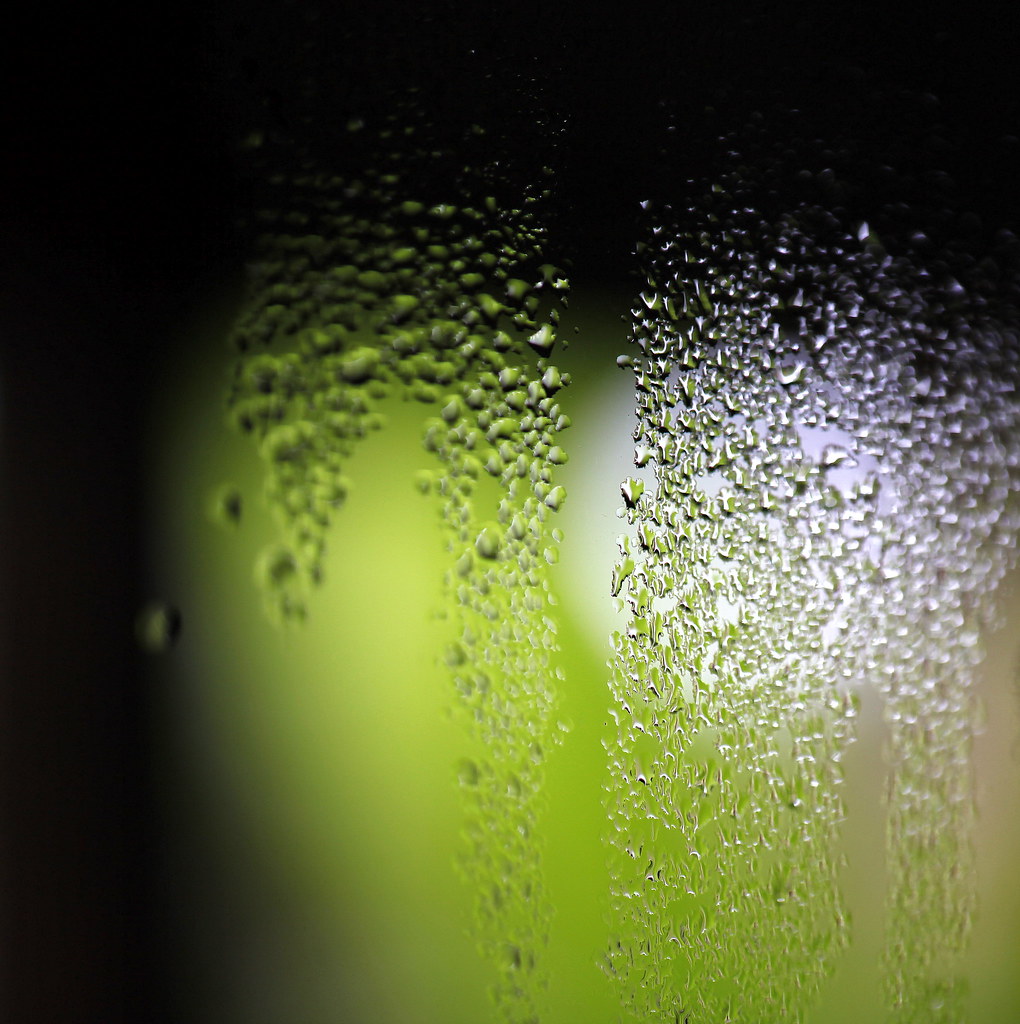
There's always so much to look forward to during the summer months: warm weather, lush trees, and all kinds of outdoor activities. It's a beautiful season, and for many of us it provides a much-needed rest from the cold, harsh winter weather.
However, many of the things that make the summer months so pleasant are at odds with COPD. If you don't take the right steps to protect yourself from heat, pollen, and humidity you might find that the summer weather makes your COPD symptoms even worse.
Luckily, many people with COPD have found ways to beat the summer heat and minimize their symptoms during the hottest season of the year. In this guide, we'll help you learn what to look out for and give you plenty of simple, effective solutions for managing your COPD during the summer months.
Why the Summer is Challenging for People with COPD
Heat

Spending time in the hot, summer sun can be a major energy sapper for anyone. When you have COPD, however, high temperatures can be particularly hard on your body.
Hot weather can quickly make you dehydrated and even cause bronchospasms, which constrict your airways and make it hard to breathe. Hot air alone can make you feel short of breath, and dehydration from the heat can thicken mucus in your airways and make it even more difficult to breathe.
When your body is fighting a disease like COPD, the muscles in your chest and respiratory tract have to work harder to help you breathe, especially when you are physically active. When you're out in the summer sun, the heat puts even more strain on your body and can make you feel exhausted very quickly.
That's because, when you're baking in the sun, your body has to work particularly hard keep your internal temperature at a healthy 98.6 degrees. That means sweating, panting, and using extra energy to help your body cool down fast.
This can make you feel exhausted and fatigued after even short bouts in the heat, and can be dangerous if you don't take steps to protect yourself. In extreme cases, you could get heat stroke or experience an exacerbation of your COPD symptoms.
One study from John Hopkins University found that people with COPD are more likely to experience reduced lung function, increased symptoms, and exacerbations when exposed to temperatures above 90 degrees Fahrenheit. They were also more likely to require rescue medicine and medical intervention when exposed to extreme heat.
Humidity
|
|
| Image courtesy of Jenny Downing on Flickr |
Have you ever stepped outside on a hot, humid day, taken a deep breath, and felt like the wet, heavy air was difficult to breathe? Extreme humidity during the summer can have that effect on most healthy people, and it can be an even bigger problem for people who have COPD or other respiratory problems.
Humidity tends to peak during the summer months, and the sweltering heat makes it all that much more of a problem. Breathing hot, humid air just isn't easy or comfortable for most people, and if you have COPD, it can make it very difficult to breathe.
However, humidity affects people, including patients with COPD, in different ways. While studies show that the optimum level of humidity for people with COPD is usually about 40 percent, individual preferences for and reactions to humidity vary widely from person to person.
One of the things that makes humidity problematic for many people with respiratory problems is the fact that it tends to trap smog and other toxic particles that contribute to air pollution. It also allows harmful microbes like mold, fungi, and dust mites to thrive, which can cause significant respiratory irritation.
Because of this, air quality in the summer tends to be poorer than other times of the year, especially on the hottest, most humid days. That's why doctors and other health professionals recommend that people with COPD carefully plan their time outdoors and take extra precautions to avoid making their symptoms worse in the summer.
Humidity and worsened air quality in the summer can take a huge toll on your energy and ability to breathe if you're not careful. Make sure to regularly check your local weather report or airnow.gov for the day's heat, humidity, and air quality so you can plan and prepare your days accordingly.
Pollen
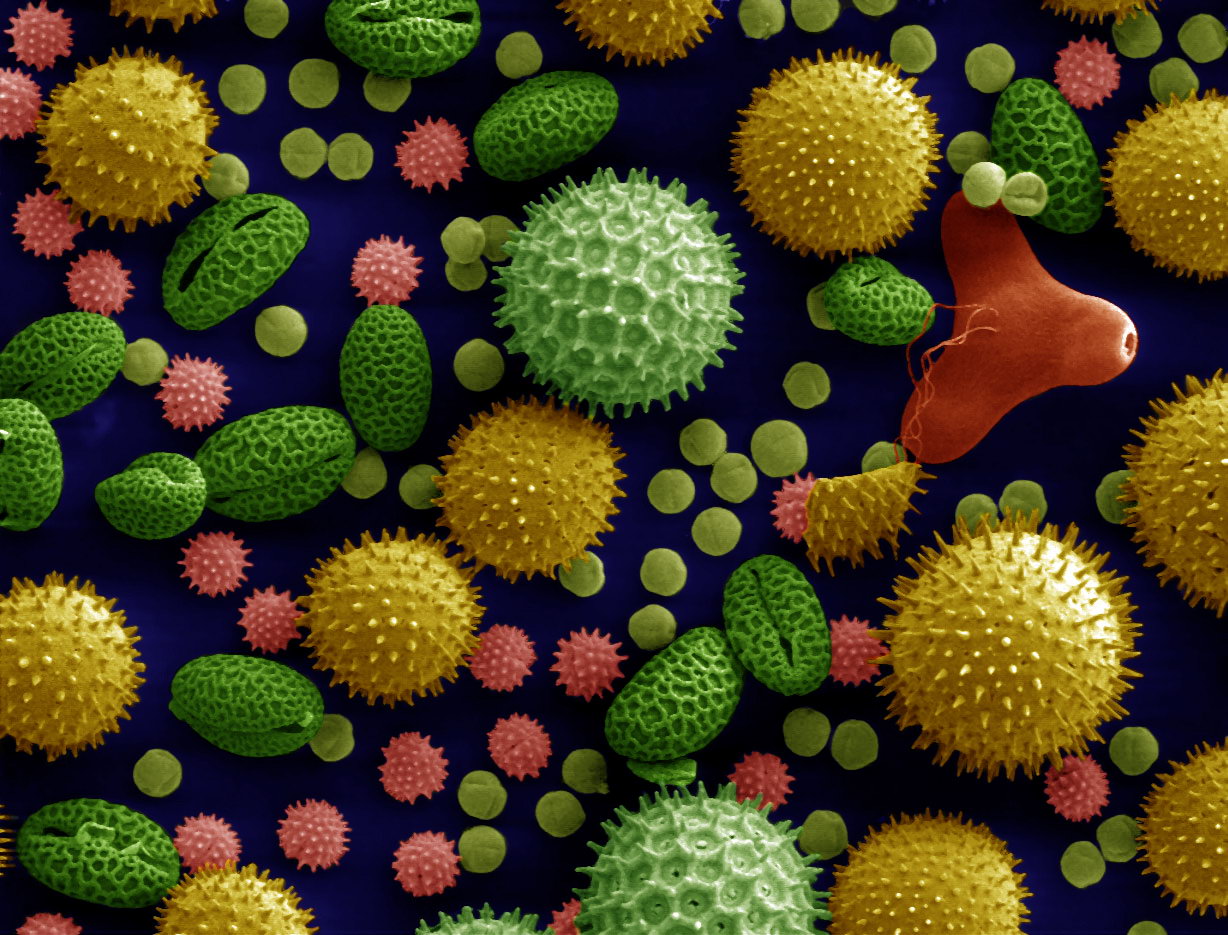
Along with increased smog and air pollution, the summer air brings with it another major respiratory irritant: pollen. It's one of the most common triggers for allergic reactions that affect the respiratory tract, and at least ten to thirty percent of people worldwide suffer from these types of allergies, known as allergic rhinitis.
If you suffer from allergies and COPD, exposure to pollen can cause a variety of symptoms, including sneezing, wheezing, and increased mucus in the respiratory tract. Allergies can also cause your lungs and airways to become irritated, swollen, and inflamed, which can increase chances of infection and make it even more difficult to breathe.
These allergic reactions stack on top of already existing symptoms and can make your COPD even worse. That's why it's important to do everything you can to reduce allergens in your home and reduce your symptoms when they cannot be avoided.
Techniques for Managing Your COPD This Summer
When you have COPD, it's important to protect yourself from extreme weather and take care when doing any activities in the summer heat. Luckily, there are a lot of things you can do to protect yourself and your lungs from the temperature, humidity, and poor air quality during the summer.
In this guide, we're providing you with a huge list of tips and ideas for staying cool, healthy, and active this summer. You'll see that, with a little thought, planning, and prevention, you can find a way to enjoy all your favorite summer activities without letting it take a toll on your breathing.
How to Manage Hot Summer Days with COPD

Managing the extreme heat of the summer when you have a disease like COPD requires a bit of extra planning and preparation. If you spend too much time in the heat without proper protection, it can worsen your symptoms and leave you dehydrated and fatigued.
The following section will give you a variety of tips and ideas for keeping safe and cool during the hottest days of the season. Using these techniques, you can find a way to enjoy all your favorite summer activities without risking your health and wellness.
Schedule Time Outdoors During Cooler Parts of the Day
During the height of the summer, the daytime weather just gets too hot to bear. On these days, going outside anytime near midday, when the temperature peaks, can be risky.
But as long as you keep tabs on the daily weather forecast it's possible to plan around the heat. That way you can always stay indoors during the hottest parts of the day, and then plan outdoor activities for when the temperature is more mild.
If you limit your time outside to cooler times like the early morning and late afternoon, you will have more energy and less difficulty managing your COPD symptoms. You'll be able to better regulate your body temperature, breathe easier, and have better physical endurance.
Go Indoors When Necessary
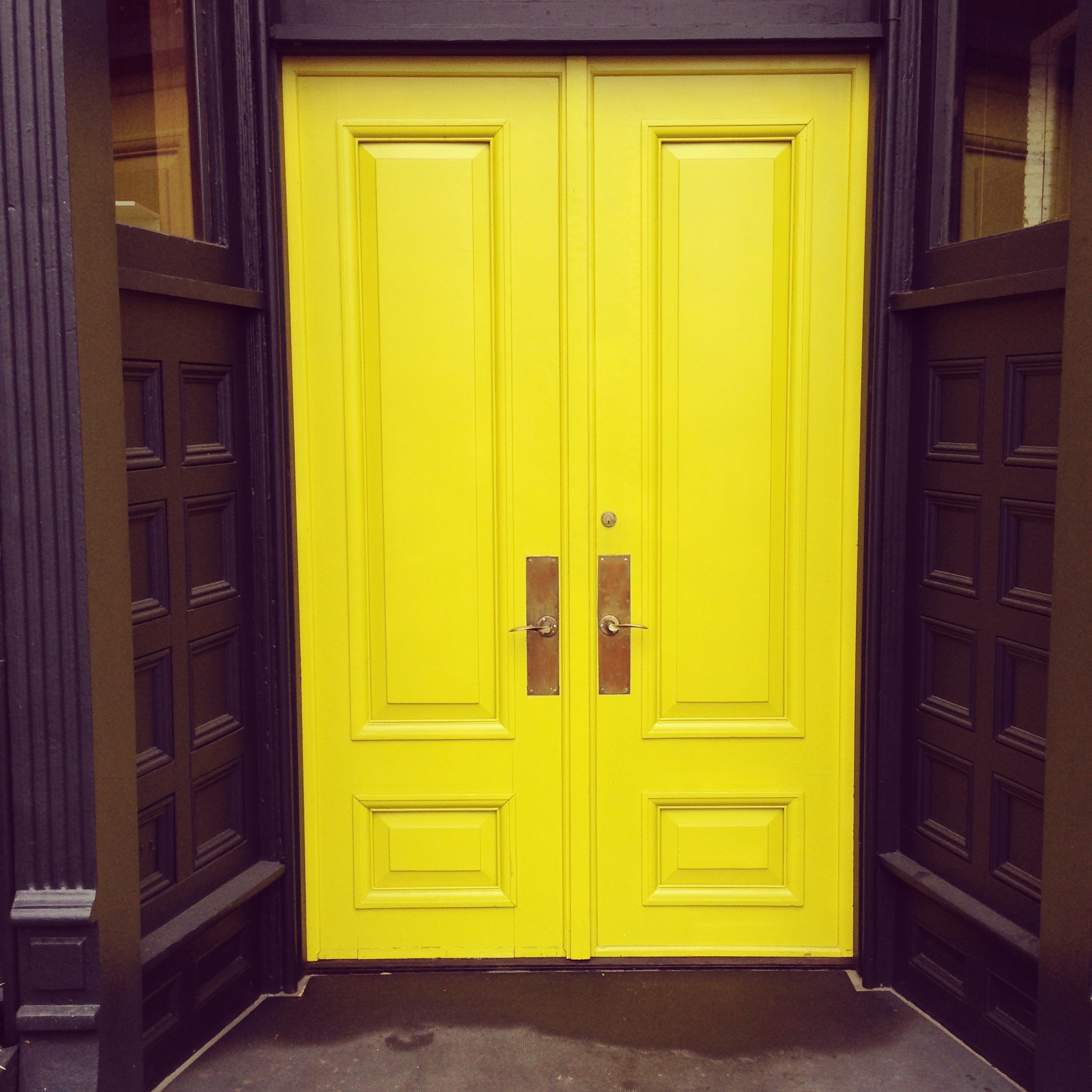
When it's bright and sunny and there's fun to be had outside, it can be hard to force yourself to take it easy. But when the temperatures are extreme, it's completely okay and necessary to pace yourself and take breaks from the sun.
When you plan to spend time in the heat for any extended period of time, make sure you have an air-conditioned, indoor, or shaded area to retreat to when needed. Make it a habit to drink plenty of water and take regular, planned breaks so your body doesn't have a chance to get too overheated or fatigued.
Even healthy people often don't realize that they're suffering from heat exhaustion until it's too late, which is why it's so important to be prepared. When you have COPD, the risks of heat exhaustion are even greater, and even spending short times in extreme temperatures can cause your symptoms to get significantly worse.
Dress for the Heat
When you're outside in the summer heat, your first line of protection from the sun is your clothing. Make sure to wear lightweight clothing and choose light colors that won't absorb the sunlight.
Clothes that are thin and loose-fitting are best at keeping you cool because they allow air to flow through and won't stick to your skin when you sweat. Wide-brimmed hats can also be surprisingly effective at keeping your face and neck cool.
Drink More Water than Usual

It can sometimes be difficult to remember to drink enough water on normal days, but on hot, summer days it's absolutely necessary to stay hydrated. Dehydration alone can make your symptoms worse when you have COPD, but combined with high heat and humidity it can be dangerous and make it very difficult to breathe.
The summer heat makes your body lose water more quickly and require extra fluids to stay healthy. You'll have to increase the amount of water you drink from what you're used to in order to compensate for this loss.
Whenever you leave the house or spend time outside, make sure to bring a large bottle of water along so you won't get dehydrated. If you're going to be out in the heat for an extended period of time, make sure you have access to extra water and an air-conditioned space to cool down when necessary.
Don't Over Exert Yourself
Physical activities that are easy under normal circumstances can be difficult or exhausting when the sun is beating down. That's why it's important not to get discouraged if you find yourself having less endurance during the summer.
Even if you find the summer heat makes you unable to do as much as you are usually able to, don't push yourself too far. But don't use the heat as an excuse to give up on your exercise plan or other activities you enjoy, either.
It's important to stay active at all times of the year, and you can always move your plans indoors or make other adjustments when the heat is wearing you down. You might find it helpful to break up your exercise into smaller chunks, take more breaks throughout the day, and give yourself more down time to recover in-between activities.
Spend Plenty of Time in Air-Conditioned Spaces
The John Hopkins study on the effects of heat on people with COPD confirms that cooler air is not only more comfortable, but is also healthier for people with the disease. Spending too much time in the heat can cause worsened symptoms in both the short and long term, and increase the chances of exacerbations and hospitalizations.
Extended time in the heat can also increase your risk of illness and symptoms if you are overweight, elderly, or have another chronic disease like diabetes or heart disease. These illnesses are often associated with COPD, and may make the summer heat even more harmful to your body.
If you have an air conditioner at home, make sure it gets regular service and stays working properly during the summer. If you don't have air conditioning or you have an older, inefficient unit, consider investing in a new one or getting window AC units for the rooms in your home that you use the most.
If you don't have AC, try to go out and spend the hottest times of the day somewhere that does have air conditioning. You might go to a friend or family member's house, the library, or another public indoor space.
Get a Portable Air Conditioner
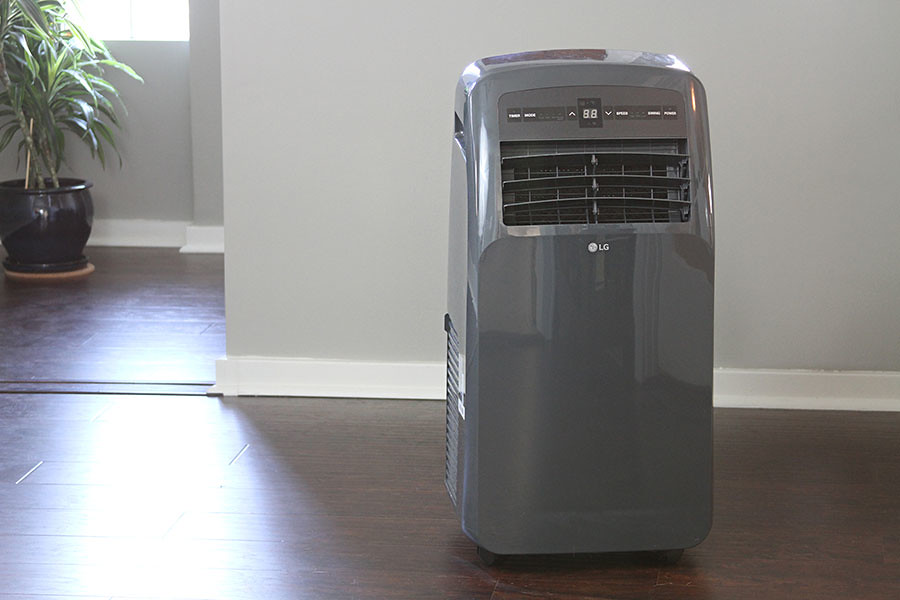 |
| Image courtesy of Best Digs |
Just like many people use a space heaters to warm up small rooms in the winter, you can use a portable air conditioner to cool down in the summer. You can use one in your home to cool a single room and save money on whole-house AC, and you can also take it with you on-the-go.
A portable AC unit is especially handy at work, where you don't have control over the thermostat. Especially if you have a partially enclosed area, like an office cubicle, a portable air conditioner can be very effective at keeping you cool without forcing your coworkers to turn up the office AC.
Use a Buddy System
If your COPD is very severe or you are recovering from an exacerbation, it might be a good idea to recruit a friend or family member to help you stay safe and healthy during the summer. Just having someone call and check up on you a couple times a day can help you avoid heat-related problems and get help when you need it.
When you are exhausted or ill from being in the heat too long, it can make you feel tired and confused to the point that you don't realize you're in danger. Sometimes it takes someone else checking in with you to notice the signs of heat-induced illness and realize that you need to go inside and cool down.
A buddy system is a support system that will allow you to feel more secure and ask for help and supplies when you need them. If your windows get stuck, your AC unit isn't working properly, or any other problems crop up, you can always ask for advice or assistance whenever someone checks in.
How to Manage Summer Humidity with COPD

Keeping out of the heat can be as simple as staying indoors, but avoiding humidity is a bit more tricky. When the weather outside is humid, it can be very difficult to keep it from making the air in your home damp and humid as well.
Most doctors recommend keeping the humidity levels in your home under 60 percent, because anything higher can encourage mold growth. For people with COPD, most doctors recommend an optimum humidity level of 40 percent, although individual preferences may vary.
Luckily, there are steps you can take and devices you can buy to keep your home from becoming a damp, musty swamp during the summer. The following section will give you a variety of ideas and techniques you can use to protect yourself from the humidity.
Vent Home Appliances Outdoors
Some common home appliances like dishwashers, washing machines, and stoves can significantly increase the humidity levels in your house if you're not careful. But if you make sure to properly vent these appliances, you can keep your home's humidity levels low.
Dishwashers and clothes dryers often already have ducts installed to vent humid air outdoors. However, sometimes these ducts can become clogged with dust and lint and need cleaning.
If you notice that your home gets humid when you run the dishwasher or dryer, you might want to get the air ducts checked to make sure they're clean and working effectively. If your dishwasher and stove don't have outside vents, you can turn on the stove fan or open a nearby window when they're running to help vent the moist air.
Vent the Room When You Shower

Anyone who's taken a hot shower knows how humid and sticky it can make the air in the room. It's a common source of increased moisture in many people's homes, and it can be particularly problematic for people with COPD.
Without proper ventilation, running a hot shower produces extremely humid air that can encourage mold growth and increase humidity in other rooms in your home. Luckily, most places in the US have strict building codes for bathrooms that require a window or a fan-powered vent to allow you to vent the humid air outside, instead.
Before you shower, make sure to open a window or run the vent fan so the humid air doesn't build up in your house. If you find that the humidity still bothers you or you experience increased breathlessness while showering, using cooler water or installing an extra vent can help.
Get a Dehumidifier for Your Home
Most people are familiar with humidifiers, and many use them during the winter to add moisture to the bothersome, dry air. However, many people are unaware that you can also get dehumidifying devices to pull extra moisture out of the air during the hot, humid seasons.
There are many different types of dehumidifiers to choose from and they come in a variety of shapes and sizes. What kind you should get depends on how humid the air in your house gets and how large of a space you need it to work for.
There are many small, affordable dehumidifiers that work in smaller rooms and spaces. These are great for bedrooms, offices, and other small areas that you spend a lot of your time in. You can even get a portable dehumidifier if you think you will need to carry your dehumidifier from room to room often.
Although it can get quite expensive, you can also get a whole-house dehumidifier that attaches to your house's main HVAC ventilation system. These large devices filter moisture out of all the air that flows through your air ducts and is the most effective way to make your home less humid.
Run the AC
Even if you don't want to install a whole-house dehumidifier, an efficient AC unit is often enough to do the trick when the humidity is mild. Air conditioners remove a certain amount of moisture from the air as part of their normal air-cooling process, and it can be an effective way to reduce the overall humidity in your home.
However, when the humidity gets very high, a regular air conditioner probably won't be enough to keep you comfortable. AC units can only scrub so much moisture from the air, which is why having a good dehumidifier is important if you want more control over the humidity in your home.
Check Weather Reports and Plan Accordingly
Your local daily weather report should include a variety of information about the temperature and humidity levels. If you keep track of the forecast, you can plan your week around the days that are most humid.
Sometimes the best way to avoid worsened symptoms is to just stay indoors as much as possible on very hot, muggy days. Keeping your doors and windows shut will keep the air in your home as dry as possible and also keep out pollen, mold, and smog.
If you have a dehumidifier, daily weather reports will help you know when to turn it on before your house gets unbearably humid and you notice your symptoms acting up. Running your AC along with your dehumidifier is even more effective, and it's the best way to stay cool and dry during the most uncomfortable parts of the summer.
How to Manage Summer Irritants with COPD

Along with the heat and humidity, summer brings a greater risk of respiratory irritation from pollen, mold, and smog. That's why it's important for people with COPD to monitor and prepare for poor air quality during the summer months.
The following tips and techniques will help you protect your lungs from air pollution and other irritants both outdoors and in your home. By taking these steps, you can reduce your allergy symptoms, prevent respiratory irritation, and make it easier to breathe this summer.
Check Air Quality and Pollen Reports
There are many air quality factors you have to take into account during the summer when you have COPD. Pollen, mold, smog, and other respiratory irritants can worsen your symptoms and make it more difficult to breathe if you don't take steps to avoid them.
Luckily, local news stations and other organizations release air quality reports and allergy forecasts every day to help people like you. You should always check the day's air quality index (AQI) before planning outdoor activities and stay indoors if the outlook is not good.
The AQI rates air quality on a six-point scale from good to hazardous, and you can check it here at airnow.gov. If you have allergies, you should also keep an eye on the daily allergy and pollen report, which you can check at pollen.com.
Get a High Quality HVAC Air Filter for Your Home
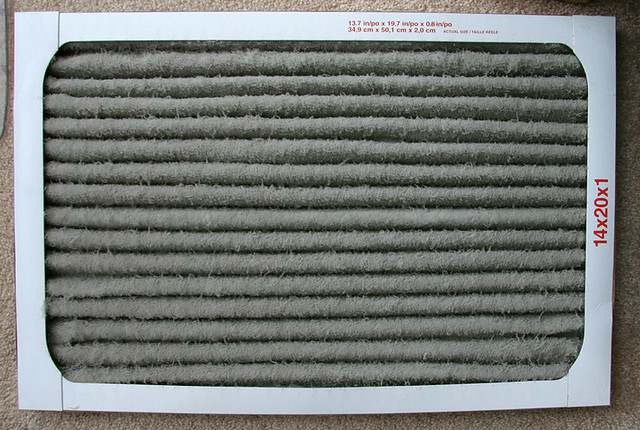 |
| Image courtesy of Ivy Dawned on Flickr |
Even when you're indoors, you can't totally escape the effects of the dust, pollen, and mold that the summer weather brings. That's why choosing a high-quality HVAC air filter, and replacing it regularly, is important for managing COPD symptoms in the summer.
Air pollution and other irritants come in through your windows and vents and cause you to experience worsened symptoms indoors. Pollen, mold, and dust from outdoors can also hitch a ride on you and your pets, sticking to shoes, clothes, and hair.
When you go inside, all of these irritants get transferred to your carpets and furniture, where they collect and build up. Then they kicked up into the air as you go about daily activities, worsening your indoor air quality, inflaming your lungs and airways, and making it more difficult to breathe.
The best way to combat the pollen, dust, and mold that circulate through your house is to get a high-quality air filter that catches pollen, mold, dust, and other particles that could aggravate your COPD. It's important to choose carefully and look at the filter's specifications before purchasing, because some filters remove many more types of irritants than others.
Clean Carpets, Rugs and Furniture Often

All of the air pollutants, pollen, and dust that come in from the outdoors tend to settle and build up in your carpet, couches, drapes, and other places. That's why it's important to keep your floors, furniture, and other surfaces clean, especially when allergens and air pollution are more prevalent.
Regular vacuuming, dusting, and sweeping is one effective way to remove respiratory irritants that have settled on surfaces in your home. It keeps these particles from building up, inflaming your lungs, and making it hard to breathe.
If you have a choice, hard flooring is much better than carpet when it comes to keeping dust, pollen, and other lung irritants at bay. Getting rid of rugs, drapes, and other fabrics that attract and collect particles can help improve your symptoms and the air quality in your home.
Change Clothes and Shower Often

When you spend time outdoors, mold, pollen, and other lung irritants cling to your clothes and hair. To avoid tracking these harmful particles and allergens into your house, it's a good idea to change your clothes and shower as soon as you get home from spending time outside.
If you don't, you risk spreading the irritants around your home where they'll stick to carpet, couches, rugs, and bed sheets. Taking a cool bath or shower will remove these particles from your skin and hair, making you less likely to experience worsened symptoms, and has the added benefit of helping you cool down after being in the heat.
Get an Air Purifier for Your Home
While getting a high-quality HVAC filter and changing it frequently can help to improve the air quality in your home, getting a separate air purifier is much more effective. Air purifying machines use multi-layered filters to scrub even more harmful particles out of the air, which can reduce your COPD symptoms and make it easier to breathe.
Most good air purifiers include a HEPA filter, which is a type of filter that mechanically removes 99.97% of airborne particles that measure at least 0.3 microns or larger. Some purifiers even use UV radiation to kill viruses and microbes, including bacteria, fungi, and mold.
When looking for a new air purifier, make sure you choose one large enough to fit the size of your home. Small purifiers are great for bedrooms and small spaces, but you'll need a much larger one to filter all the air in your house.
There are many dubious air purifiers on the market that make unverified or exaggerated claims, and don't clean the air as well as they claim to. That's why it's important to get an air purifier from a trusted brand, preferably one that's been certified by the AAFA (Asthma and Allergy Foundation of America) or the AHAM (Association of Home Appliance Manufacturers).
Manage Allergy Symptoms

According to the Asthma and Allergy Foundation of America, at least 40 million adults in the US have allergies, including many people who also have COPD. If you have COPD and also suffer from allergies, it's important to do what you can to keep your allergy symptoms at bay.
One way to avoid allergens in your home is to use hypo-allergenic air filters and air purifiers to remove pollen and mold from the air. You can also check the allergy forecast at pollen.com and avoid spending time outdoors when allergen levels are high.
If you take allergy medication, make sure you start taking it as soon as the season starts and not miss any doses. If you let your allergies take hold and get out of control, you will find that it becomes harder and harder to control your COPD symptoms.
Bring Supplemental Oxygen

When it's extremely hot and humid outside, you should plan ahead for the possibility that your symptoms might get worse. It's common for people with COPD to experience fatigue and shortness of breath the more time they spend in the heat, and poor summer air quality can irritate your lungs and airways and make symptoms even worse.
One way to prepare is to always bring some form of supplemental oxygen with you when you leave the house in the summer. Especially if you are going to be spending time outside, it's always good to have back-up oxygen in case you have trouble breathing.
There are many options to choose from, including portable oxygen tanks and portable oxygen concentrators that distill pure, breathable oxygen from the regular air around you. Whatever supplemental oxygen device you decide on, make sure you keep it with you at the ready for whenever breathlessness sneaks up on you.
Conclusion
Dealing with the humidity, air pollution, and extreme heat during the summer months can be very challenging when you suffer from a chronic disease like COPD. All of these things can irritate your lungs and bronchial tubes, worsen your COPD symptoms, and make it even more difficult to breathe.
Fortunately, there are many different steps you can take to protect yourself and your lungs from ill effects this summer. You can avoid most summer health problems if you carefully plan your time outdoors, stay out of the extremes, and keep the air in your home clean and cool.
One of the most important parts about enjoying the summer months and staying healthy with COPD is to stay active! Even if it's hard because of the heat and humidity, keeping up with regular physical activity one of the best things you can do to keep your lungs healthy and your body strong.
You might have to make some adjustments to your daily routine and exercise plan, but it's possible to stay on top of all your favorite activities even during the hottest season. Just make sure to stay hydrated, move things indoors when necessary, and take the proper precautions when the summer weather is extreme.


.png)



